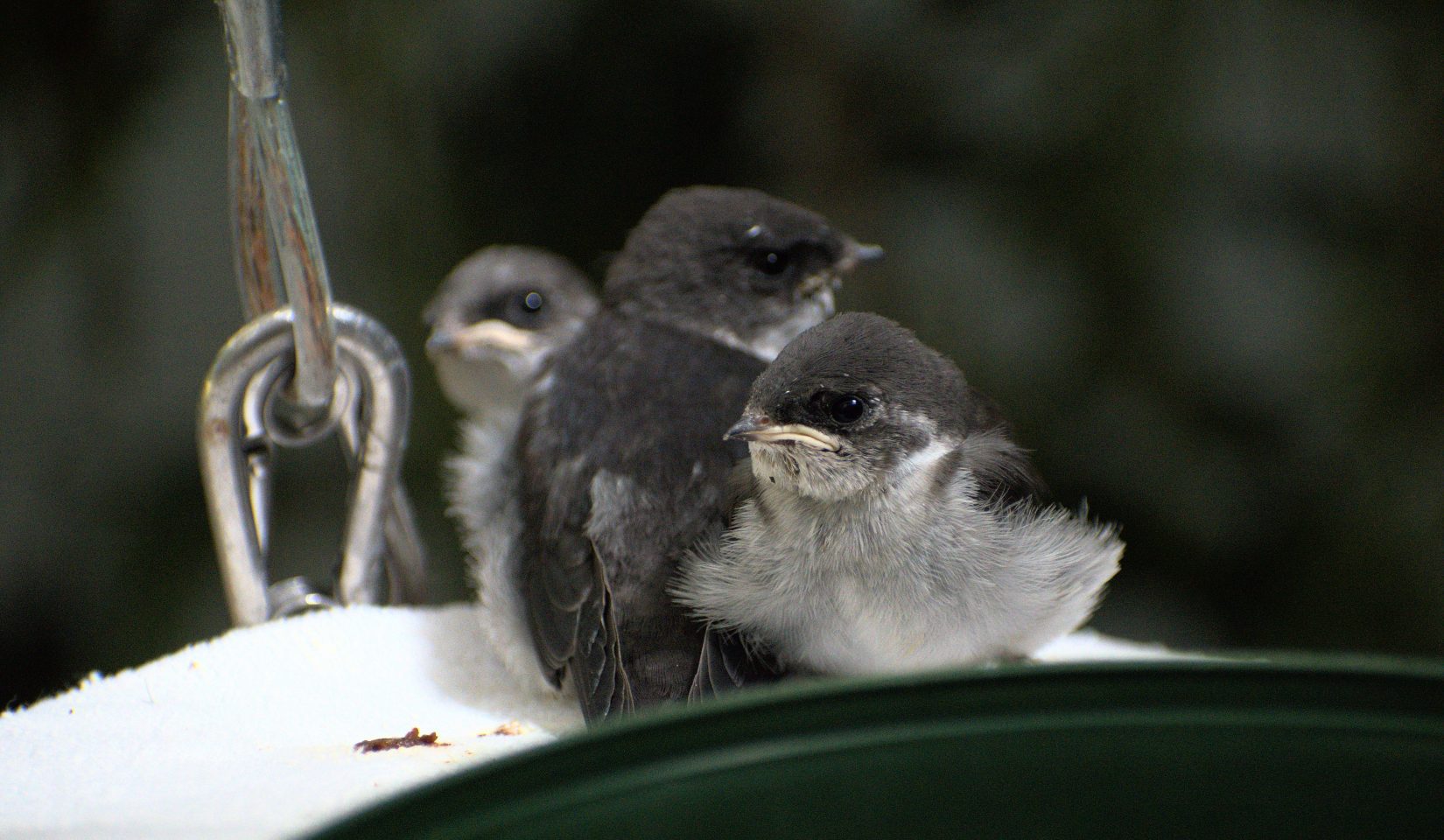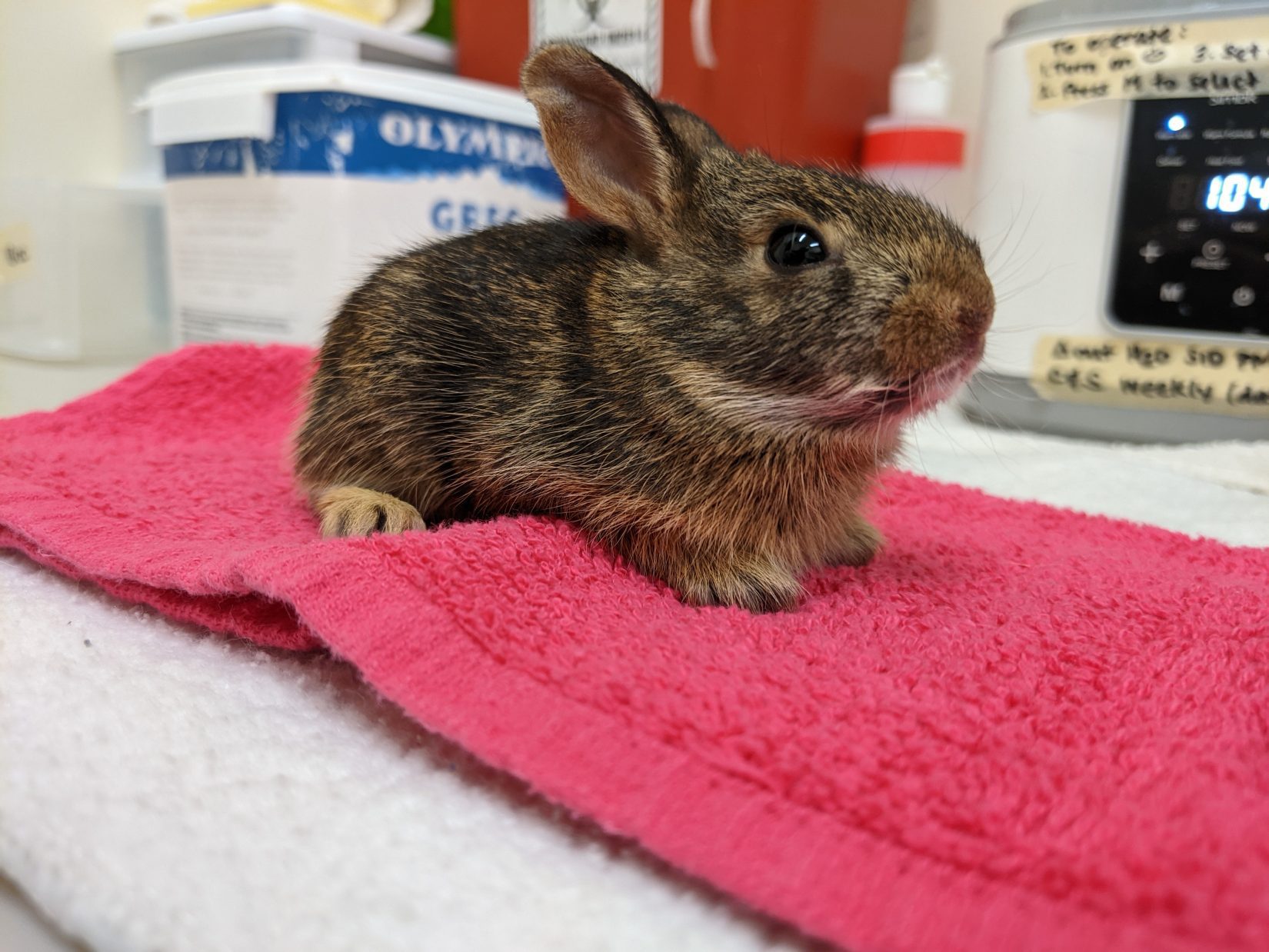Whether it’s a baby bird, squirrel, deer, seal, raccoon or skunk, a baby animal’s best chance for survival is with its mother. Finding a baby animal doesn’t always mean they’re in trouble – many times, you won’t need to do anything at all. However, if the baby is hurt or sick, or you know the mother is dead, they will need help right away.
Learn more about what to do if you have…
If you have found a baby wild animal and you don’t know what to do, contact your local wildlife rehabilitation centre or call our Animal Helpline at 1-855-622-7722 for advice. They can advise you on how to tell when they need help or how to return the baby safely.
Can I touch a baby animal?
Birds have a poor sense of smell and will not reject babies touched by people. This means you may be able to place baby birds back in their nest. Mammals have a much more keen sense of smell, however, they are also very dedicated parents. A reunion may still be possible – under the guidance of a wildlife rehabilitator – even when babies have been handled by people.
Before handling any animals, call your local wildlife rehabilitation centre or our Animal Helpline at 1-855-622-7722 for advice on how to reunite baby animals with their mothers.
Should I feed a baby animal?
Never attempt to feed a baby animal, this usually does more harm than good. Wild animals require professional care, and it is illegal for you to keep and care for a wild animal.
Read more about rescuing wild animals.
Want to receive more stories like this, right in your inbox? Subscribe to WildSense, our bi-monthly wildlife newsletter.


